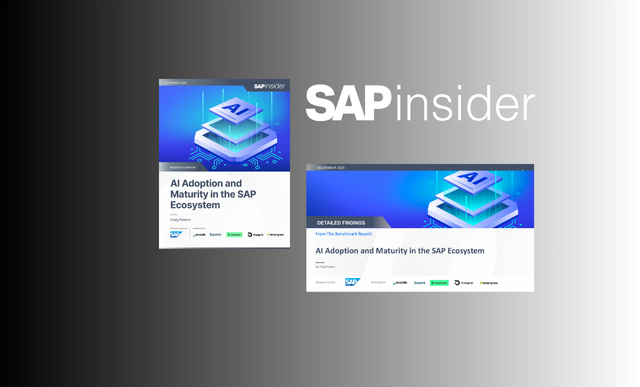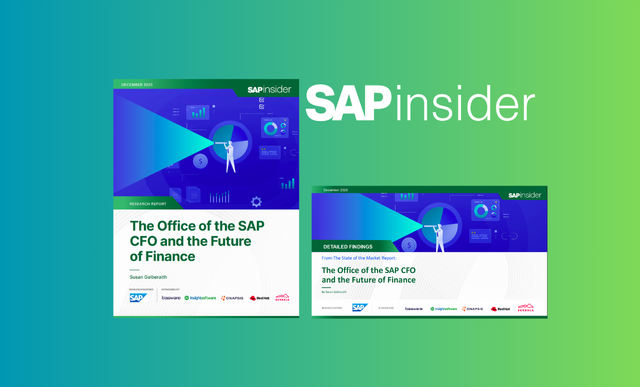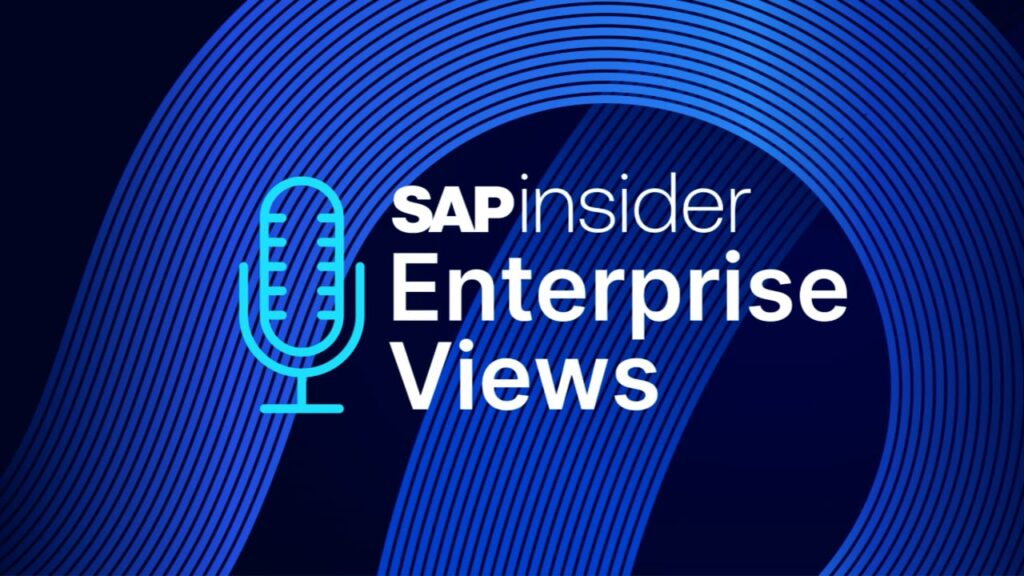SAP AI
What is Artificial Intelligence?
In simple terms, Artificial Intelligence (AI) refers to systems or solutions that can replicate human decision-making capabilities. These solutions often leverage a combination of software and hardware to mimic human capabilities like problem -solving and decision making.
AI Enabled Applications in SAP Portfolio
SAP applications leverage AI and ML algorithms extensively to either embed innovative capabilities within their solutions, help end-users perform advanced analytics with minimal technical proficiency, or allow data scientists and ML engineers to build advanced ML models and solutions. SAP HANA has been designed to be easily leveraged as a scalable ML platform. A powerful in-built tool is the Predictive Analytics Library (PAL). SAP data intelligence has a rich ML content library. Like most best-of-breed analytics tools, SAP Analytics Cloud provides users the ability to leverage advanced Machine Learning (ML) algorithms. While ML algorithms have many applications, predictive analytics remains a key one.
What is Artificial Intelligence?
In simple terms, Artificial Intelligence (AI) refers to systems or solutions that can replicate human decision-making capabilities. These solutions often leverage a combination of software and hardware to mimic human capabilities like problem -solving and decision making.
AI Enabled Applications in SAP Portfolio
SAP applications leverage AI and ML algorithms extensively to either embed innovative capabilities within their solutions, help end-users perform advanced analytics with minimal technical proficiency, or allow data scientists and ML engineers to build advanced ML models and solutions. SAP HANA has been designed to be easily leveraged as a scalable ML platform. A powerful in-built tool is the Predictive Analytics Library (PAL). SAP data intelligence has a rich ML content library. Like most best-of-breed analytics tools, SAP Analytics Cloud provides users the ability to leverage advanced Machine Learning (ML) algorithms. While ML algorithms have many applications, predictive analytics remains a key one.
On the business processes side, SAP AI offering promises to infuse transformative intelligence to all key business processes areas like lead to cash, design to operate, source to pay and recruit to retire. AI algorithms help include innovative features across all these processes.
Key Considerations for SAPinsiders
- Develop a fundamental understanding of AI algorithms: Explore what specific algorithms are available and understand where they can be leveraged. This will help you get optimal value from these tools. As an example, you should be aware that you can use clustering algorithms for customer segmentation. Here is an example of a good overview of critical algorithms used in SAP applications.
- Understand the limitations of underlying data infrastructure: Understanding aspects of the underlying database is also critical. This helps you build pragmatic models. As an example, HANA has a 2 billion rows limitation, and hence you may have to leverage partitioning of tables for data larger than that. This impacts your model development as well.
- Understand the limitations of tools available: Understanding the ML tools’ limitations is another aspect that saves you a lot of pain. For example, some PAL algorithms have limits on the number of parameters. This means you will have to pay more attention to feature selection or feature engineering while building models with these algorithms. You can find several examples of these limitations on the SAP help portal and SAP blogs.













